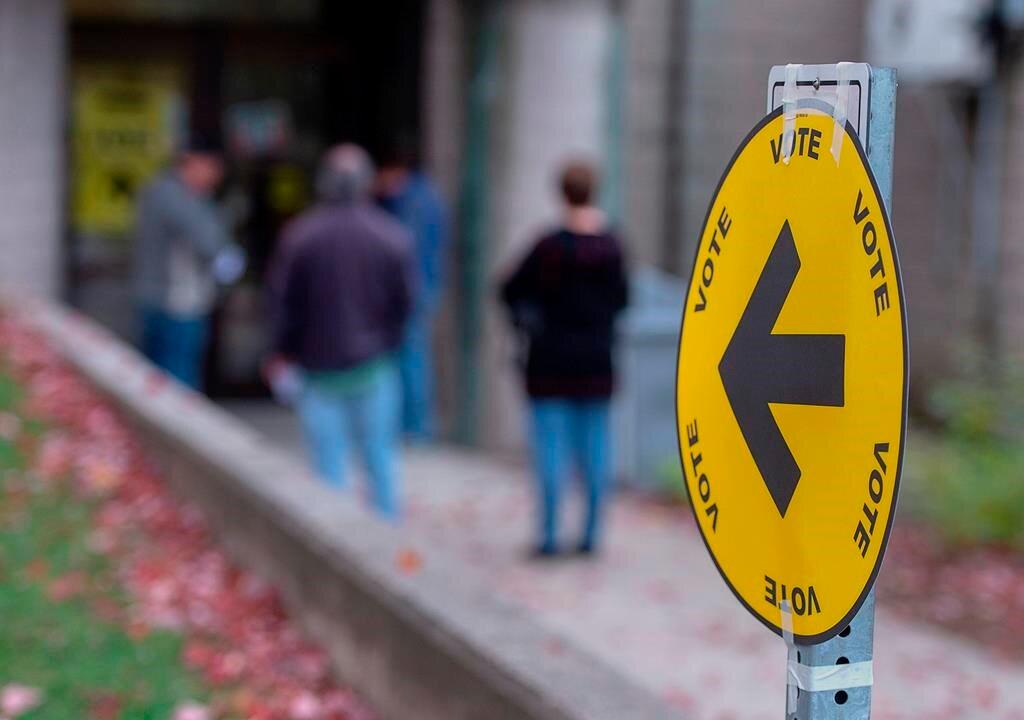An unclassified report by Canada’s lead national security agency warns that foreign state actors use bribery, blackmail, and threats to influence politics—tactics that one Canadian policy expert can personally attest to.
The Canadian Security Intelligence Service (CSIS) recently released a 17-page report, titled “Foreign Interference: Threats to Canada’s Democratic Process,” that warned politicians and the public about subversive tactics by foreign states to steer public discourse, policy, and elections to their liking.





